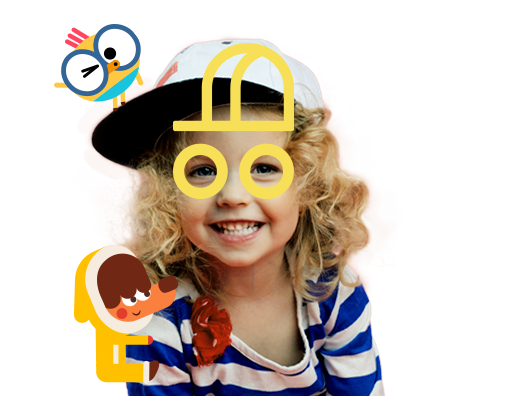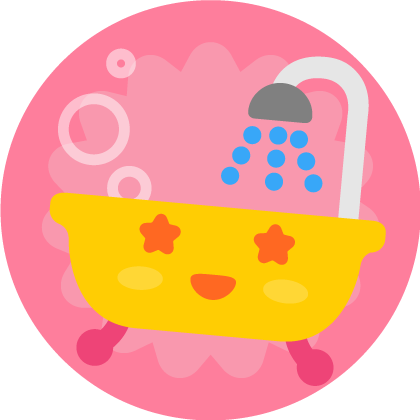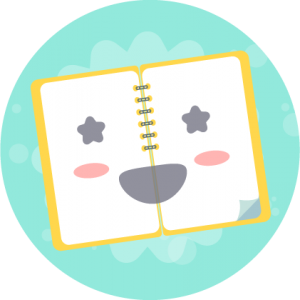For all children, growing up means learning lots of new things every day. First, they learn about their family, their surroundings, and how to start communicating what they want and what they need. As children get older, the learning process becomes more thorough and they start getting acquainted with more difficult subjects at school, and even at home or by interacting with their friends. In this process, it is also important for them to learn about personal hygiene, which is such an important issue that will help them feel happier, more confident, and even stronger later in life.
Learning about personal hygiene
Nurturing good hygiene habits for kids from an early age does not only help them feel more happy and motivated, but it’s also a good way to keep illnesses away, but, how can you help your little one learn about this? The most efficient way is through practice. First, it’s great to set a good examplefor kids, since the youngest mostly learn from parents and family in general. Then, it could be great to start talking about different routine habits to keep themselves clean.
To start the learning process about these habits, help your little one learn vocabulary in English about personal hygiene, this sets the foundation for him or her to start becoming familiar with this topic.
Vocabulary about personal hygiene ✏️

Bath
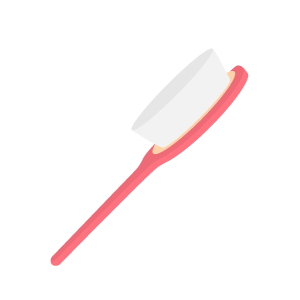
Hairbrush

Hair Dryer

Sink

Sponge
Soap

Toilet
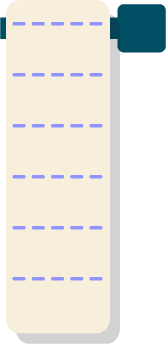
Toilet Paper

Toothbrush

Towel
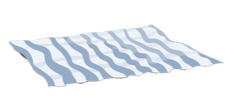
Bath Mat

Mirror
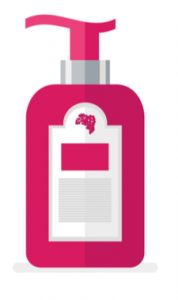
Shampoo

Shower

Shower Gel

Faucet

Lotion
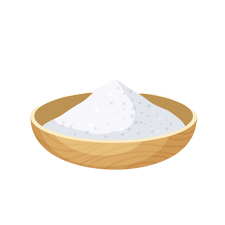
Bath Salts

Floss

Personal Hygiene Verbs
Take / Brush / Dry / Comb
Floss / Put On / Cut / Clean
Examples with the personal hygiene verbs ️
I just got home, and I’m going to take a bath!
Lisa just woke up, and she’s is brushing her teeth.
Billy and Elliot are brushing their hair.
I’m going to school soon, I will comb my hair quickly.
After you finish brushing your teeth, remember to floss!
I’ll be ready soon! First I’ll take a shower, and then I’ll put on some clean clothes.
My nails are really long and sharp, I’m going to cut them a little bit.
Lisa, remember to clean your hands after playing on the sand!
Once you’ve practiced this vocabulary with your little one, you can start teaching him or her about the best habits to keep good hygiene through personal hygiene verbs.
Washing hands
Youngest children are always playing around in the park, or sharing toys, which results in getting in contact with lots of germs. It’s a good idea to teach your little one that washing the hands regularly will help him or her prevent getting sick easily.
It’s importantto explain to your child that he or she needs soap and water to wash their hands. The best way to wash the hands is to rub the hands together with soap for at least twenty seconds and then rinse all the soap with clear water.
This should be done before eating or handling food, after touching raw meat, after touching and playing with animals, and, of course, after going to the toilet.
Brushing the teeth
A very important daily routine to improve personal hygiene is brushing the teeth. Taking care of the teeth should be a priority for all children since it prevents bacteria that allows cavities and plaque to form, which can be very painful making eating difficult.
It’s important for children to learn how to take care of their teeth properly. Remind your little one to always use a toothbrush and toothpaste to clean his or her teeth. Also, keep in mind that it’s important to do this twice a day, and for at least two minutes each time. After brushing the teeth, ask your little one to floss, this way he or she will keep the gums healthy and clean.
Taking a bath
Children need to take regular baths or showers to keep themselves clean. It’s important for your child to learn that when showering, or bathing, he or she needs to wash their body thoroughly.
You can explain to your little one that shampoo is used to clean the hair, and it should be done at least once a week. On the other hand, shower gel or soap are used to clean the rest of the body, and this should be a daily routine. Also, it’s important that your child learns that after this, he or she should dry with a towel before getting dressed again.
Getting dressed: clothes and shoes
Younger children have the help of their parents when getting dress since they’re not able to do this on their own. However, as they grow up, getting dressed becomes another important daily routine for children to learn. Besides learning how to pick clothes and shoes, it’s essential that your little one learns that’s better to put on clean clothes every day, especially fresh underwear, to keep themselves clean.
Also, it’s a good idea to remind your child to keep his or her shoes clean and to take off the school uniform as soon as he or she gets home to change into more comfortable clothes.
Using the toilet
Learning how to go to the toilet alone is a milestone in your child’s learning progress. This is a sign of a child becoming more independent. Help your little one learn about using the toilet paper to get clean after going to the toilet, and to keep the bathroom tidy after using it.
